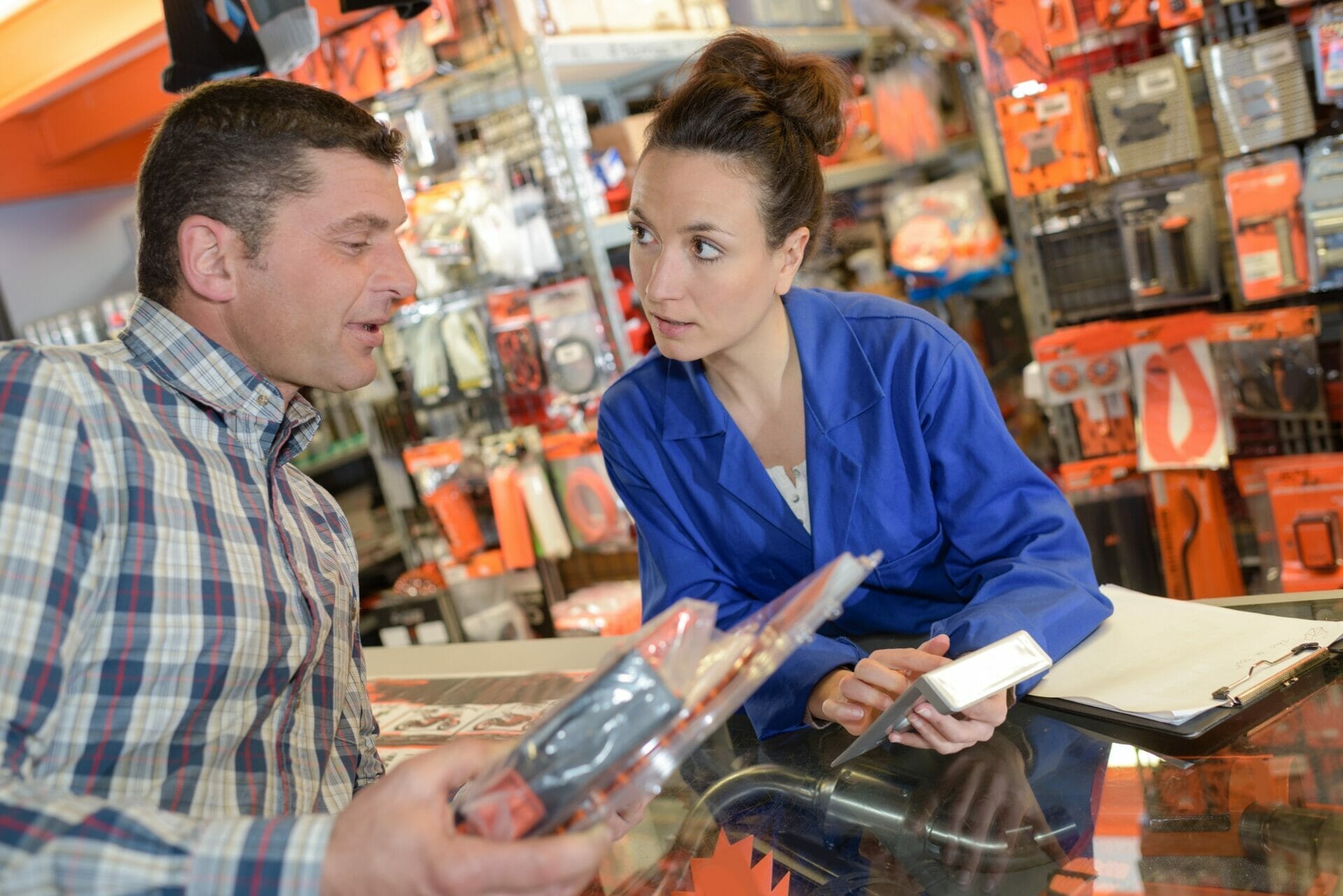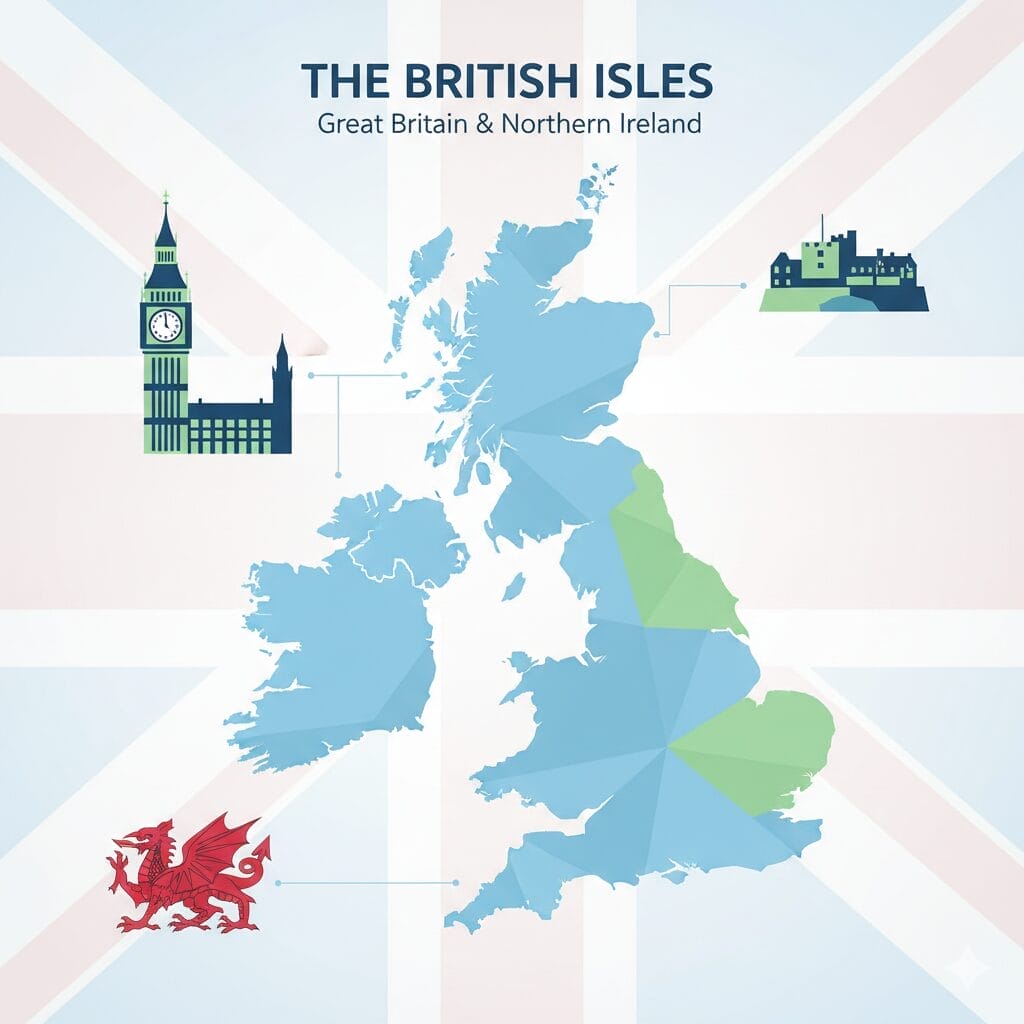海外旅行へ行ったときに、おみやげをたくさん買うこともありますね。会社の人たちや、近所の知り合い、そして友達や家族など、買いたい物がたくさんあります。
そんなとき、何とかまけてもらおうと、売り手と交渉できたら良いですね。「まとめてたくさん買うからまけて欲しい」ということもありですね。また、「現金で買うから、安くして欲しい」ということもあると思います。
さて、ケンタがみやげもの屋さんで買い物をすることになりました。
さっそくその会話を覗いてみましょう。
★会話★
Kenta is at the souvenir store.
Salesclerk:May I help you?
Kenta: No, thank you.
I’m just looking.
(He thinks in his heart.)
I have to get a lot of souvenirs.
For my friends, colleagues and my family.
(He sees around the store. And he stops at the stationery section.)
(He talks to a salesclerk.)
Kenta: Excuse me.
Salesclerk: Yes, may I help you?
Kenta: Yes. Do you have any special stationery?
Salesclerk: How about this one?
Kenta: What is that?
Salesclerk: This is a ballpoint pen.
Kenta: What is special?
Salesclerk: Look at here.
You can see a view which is one of the most famous landscapes here.
Kenta: Wow! That’s nice! I like it.
How much is it?
Salesclerk: 5 dollars.
Kenta: I’d like to get 20 of them.
Salesclerk: All right.
(At the check-out counter.)
Kenta: How much are they?
Salesclerk: 100 dollars.
Kenta: Could you give me a discount?
Salesclerk: Well, how about 95 dollars?
Kenta: Can you make it 90 dollars for cash?
Salesclerk: All right.
Kenta: Thank you.
Salesclerk: Do you need small bags for each of them?
Kenta: Yes, I do.
(Kenta pays 90 dollars.)
Salesclerk: Thank you. And have a nice trip.
Kenta: Thanks.
★ワンポイント★
souvenir:「おみやげ」
I’m just looking.:「ただ見ているだけです」justは「ただ」「単に」の意味。
in his heart:「心の中で」
have to~:「~しなければならない」
colleague:「同僚」
stationery:「文房具」
section:「仕切られた場所」
How about~?:「~はどうですか?」
ballpoint pen:「ボールペン」
view:「景色」
which:関係代名詞で、which以降の内容が直前のviewを修飾する。
one of~:「~の中の一つ」
the most famous:「一番有名な」
landscape:「(田園風景など一目で見渡せる)景色」
I’d like to~:「~したいのですが」
20 of~:「~を20個」
discount:「値下げ」
make A B:「AをBにする」
need:「必要である」
for cash:「現金で」
each of~:「~のそれぞれ」
pay:「支払う」

★和訳★
Kenta is at the souvenir store.
(ケンタがみやげ物屋にいる。)
Salesclerk:May I help you?
(いらっしゃいませ、何かご用でしょうか?)
Kenta: No, thank you.
(いいえ、結構です。)
I’m just looking.
(ただ見ているだけです。)
(He thinks in his heart.)
(彼は心の中で考える。)
I have to get a lot of souvenirs.
(おみやげをたくさん買わなくちゃ。)
For my friends, colleagues and my family.
(友達と、同僚と、そして家族に。)
(He sees around the store. And he stops at the stationery section.)
(彼は店を見て回る。 そして、文房具売り場で立ち止まる。)
(He talks to a salesclerk.)
(彼は店員に話しかける。)
Kenta: Excuse me.(すみませんが。)
Salesclerk: Yes, may I help you?
(はい、何かご用でしょうか?)
Kenta: Yes. Do you have any special stationery?
(はい。 何か特別な文房具はありますか?)
Salesclerk: How about this one?
(これなどはいかがでしょうか?)
Kenta: What is that?(それは何ですか?)
Salesclerk: This is a ballpoint pen.
(これはボールペンです。)
Kenta: What is special?
(何が特別なのですか?)
Salesclerk: Look at here.
(ここを見て下さい。)
You can see a view which is one of the most famous landscapes here.
(ここで一番有名な景色の一つを見ることが出来ます。)
Kenta: Wow! That’s nice! I like it.
(わ~! すごい! 気に入りました。)
How much is it?(いくらですか?)
Salesclerk: 5 dollars.(5ドルです。)
Kenta: I’d like to get 20 of them.
(それらを20個買おうと思います。)
Salesclerk: All right.(承知しました。)
(At the check-out counter.)
(レジにて)
Kenta: How much are they?
(おいくらですか?)
Salesclerk: 100 dollars.(100ドルです。)
Kenta: Could you give me a discount?
(まけてもらえませんか。)
Salesclerk: Well, how about 95 dollars?
(ええと、95ドルではいかがですか?)
Kenta: Can you make it 90 dollars for cash?
(現金払いで、90ドルにしていただけますか?)
Salesclerk: All right.(わかりました。)
Kenta: Thank you.(ありがとうございます。)
Salesclerk: Do you need small bags for each of them?
(それら一つずつに小さな袋が必要ですか?)
Kenta: Yes, I do.(はい、お願いします。)
(Kenta pays 90 dollars.)
(ケンタは90ドル支払う。)
Salesclerk: Thank you. And have a nice trip.
(ありがとうございます。 良いご旅行を。)
Kenta: Thanks.(ありがとう。)
[s_ad]



